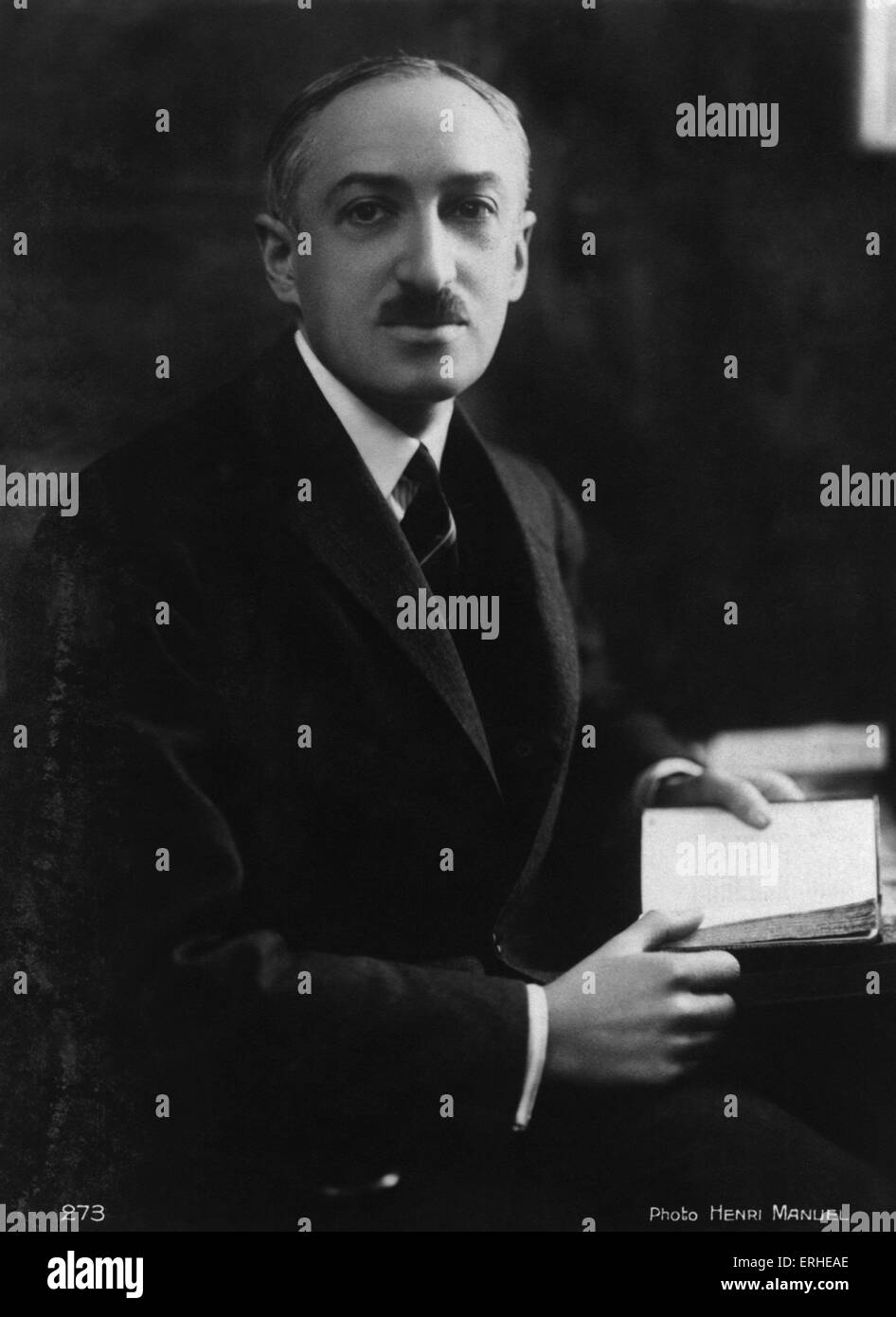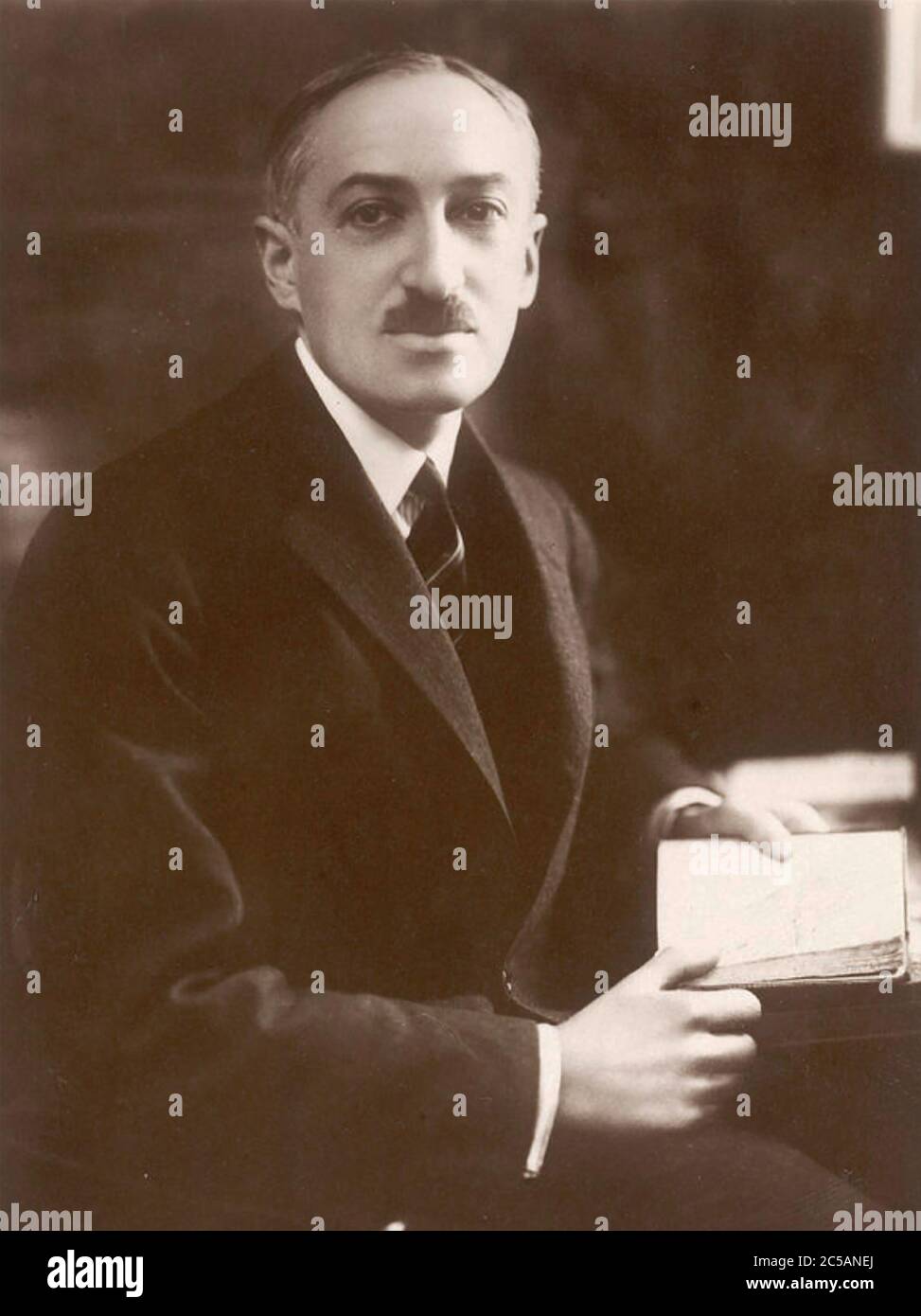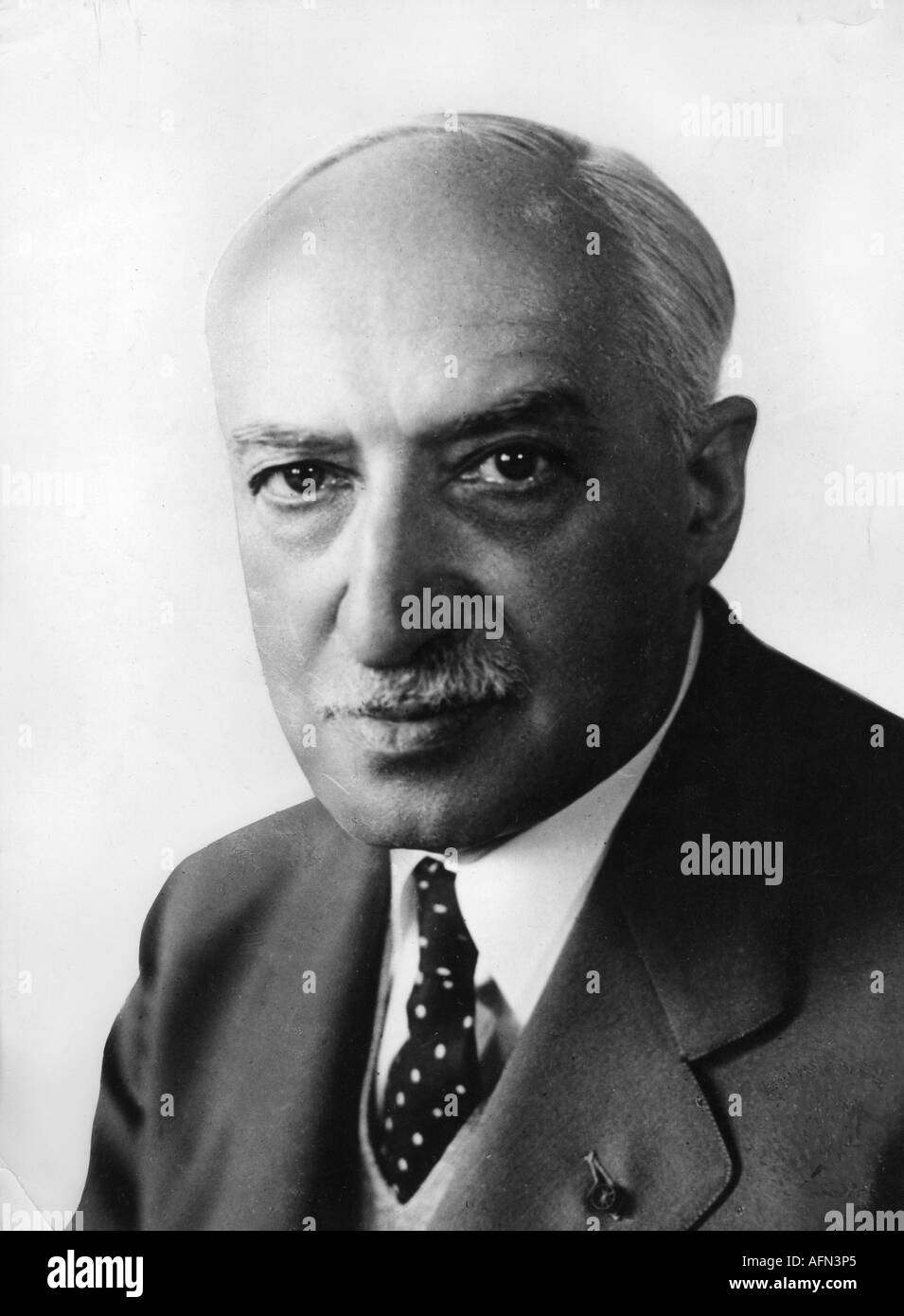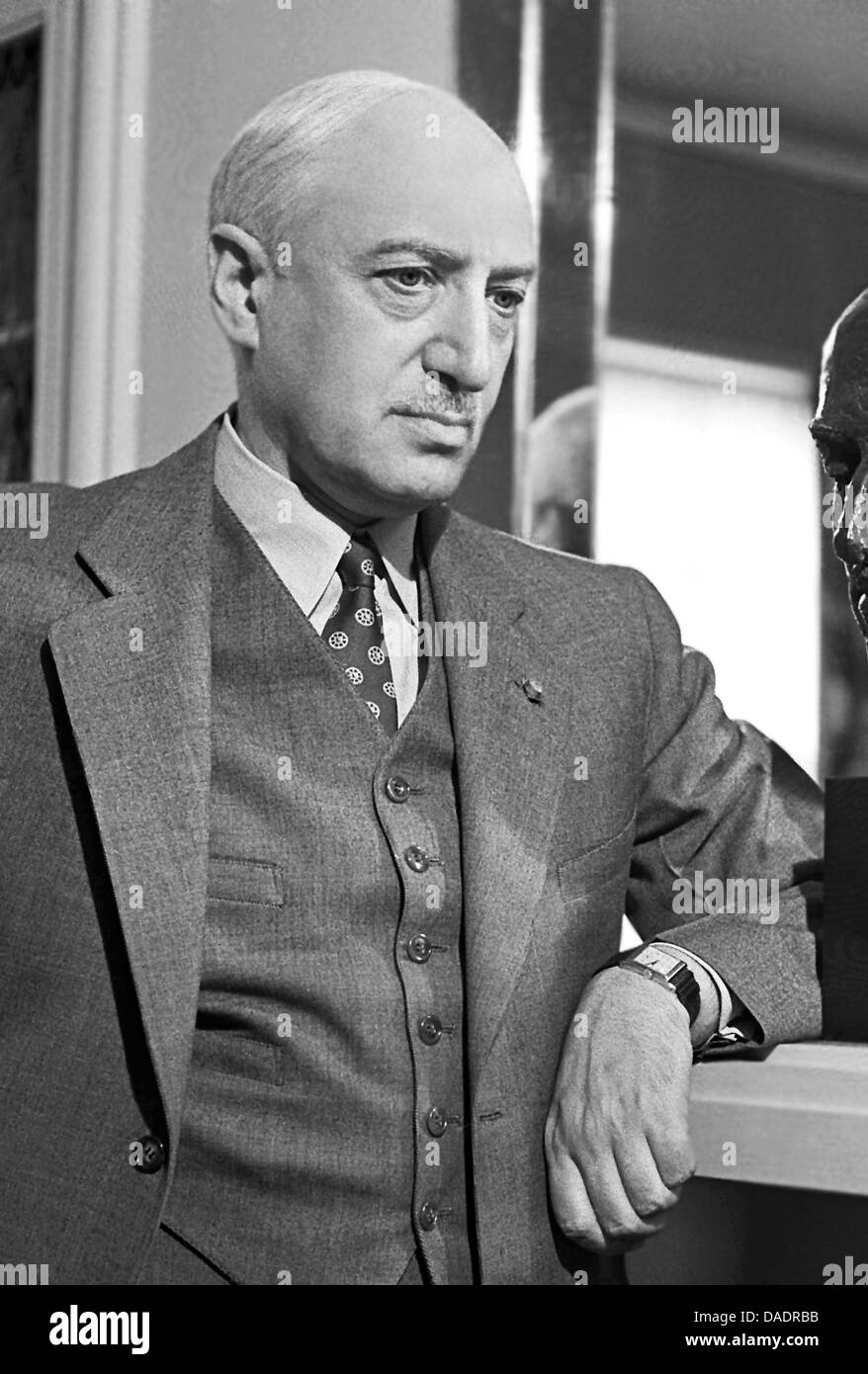
Have you ever paused to consider the profound impact that one individual can have on the vast landscape of literature? Allow me to introduce you to the remarkable figure of **André Maurois**, a distinguished French biographer, novelist, and essayist whose literary contributions have left an indelible mark on readers around the globe. Maurois possessed a unique talent for crafting captivating narratives that not only entertain but also offer deep insights into the complexities of human character and experience. His ability to blend storytelling with thoughtful analysis has solidified his status as a prominent figure in the literary world. Join us as we explore the fascinating life and enduring legacy of this extraordinary author, whose works continue to inspire and resonate with audiences today. Through his exploration of themes such as love, identity, and the human condition, Maurois invites readers to reflect on their own lives while enjoying the beauty of his prose.
Early Life: The Foundations of a Literary Genius

Born into Prosperity
André Maurois entered the world on July 26, 1885, in the charming town of Elbeuf, located in France. He was born into a family that enjoyed considerable wealth, as his parents were prominent textile manufacturers. This affluent upbringing provided him with a nurturing environment rich in educational opportunities and cultural experiences. From an early age, Maurois was exposed to a variety of intellectual pursuits, which would later play a pivotal role in shaping his literary career. The resources available to him allowed him to explore the realms of literature and the arts, fostering a deep appreciation for storytelling that would become a hallmark of his writing.
The Influence of Alain
Among the many influential figures in Maurois’s formative years, the French philosopher Alain, whose real name was Émile-Auguste Chartier, stood out as particularly significant. Alain’s philosophical teachings and writings had a profound impact on Maurois, igniting within him a passion for both literature and philosophical inquiry. This intellectual awakening not only inspired Maurois to delve deeper into the written word but also laid the groundwork for his future endeavors as a celebrated author. The ideas and values imparted by Alain would resonate throughout Maurois’s work, guiding him as he navigated the complexities of human experience through his narratives.
World War I: A Turning Point

Serving as a Liaison Officer
During the tumultuous period of World War I, the writer and intellectual Maurois took on the significant role of a liaison officer within the British army. This position not only placed him at the heart of military operations but also exposed him to the complexities and absurdities of war. The experiences he encountered during this time left a lasting impression on him, shaping his worldview and influencing his future works. It was through these firsthand observations of the human condition amidst conflict that Maurois found inspiration, ultimately leading to his first major literary success.
Les Silences du Colonel Bramble
In the year 1918, Maurois made his literary debut with the publication of Les Silences du Colonel Bramble. This work is a witty and insightful commentary on the nature of warfare and the idiosyncrasies of the British character. Through a blend of humor and poignant reflections, Maurois skillfully navigates the serious themes of conflict while simultaneously engaging readers with his sharp wit. The book not only established him as a notable author but also marked the beginning of a prolific literary career, showcasing his remarkable talent for intertwining levity with profound observations about society and human behavior.
Exploring Middle-Class Life: Novels that Resonate

Bernard Quesnay and Climats
In his compelling novels, such as Bernard Quesnay, published in 1926, and Climats, released in 1928, author André Maurois intricately examines the nuances of middle-class provincial life, the complexities of marriage, and the dynamics of family relationships. Through his masterful storytelling, Maurois captures the essence of everyday experiences, allowing readers to find familiarity and resonance in the lives of his characters. His narratives are not merely tales; they are reflections of the human condition, filled with relatable emotions and situations that many can identify with.
Thematic Depth in His Novels
What truly distinguishes Maurois’s works from others is his remarkable ability to delve into profound themes while maintaining an engaging and accessible narrative style. He skillfully crafts vivid portrayals of his characters, illuminating their internal struggles and aspirations. This depth of characterization invites readers to immerse themselves in the characters’ journeys, fostering a strong emotional connection. Maurois’s exploration of the intricacies of human relationships and societal expectations resonates deeply, making his novels not only entertaining but also thought-provoking reflections on life.
A Historian’s Perspective: Popular Histories

Histoire de l’Angleterre and Histoire des États-Unis
Maurois didn’t just stop at fiction; he also ventured into history. His works Histoire de l’Angleterre (1937) and Histoire des États-Unis (1943) reflect his fascination with the English-speaking world. These books are not just dry accounts of events; they are narratives that bring history to life.
Engaging History for Everyone
Have you ever read a history book that felt like a chore? Maurois’s histories are different. He presents historical facts in a way that feels like storytelling, making it accessible and enjoyable for everyone.
Biographies: The Heart of Maurois’s Work

Masterful Biographies
Among Maurois’s many biographies, his works on literary giants like Percy Bysshe Shelley, Lord Byron, and Victor Hugo are particularly noteworthy. His biographies are praised for their clear prose and penetrating character analyses.
À la Recherche de Marcel Proust
Considered his finest biography, À la Recherche de Marcel Proust (1949) showcases Maurois’s ability to delve deep into the psyche of his subjects. It’s not just about facts; it’s about understanding the essence of a person.
A Lasting Legacy: Recognition and Influence

Académie Française
In 1938, Maurois was elected to the prestigious Académie Française, a testament to his literary prowess and influence in the French literary scene.
Impact on Future Generations
His works continue to inspire writers and readers alike. Maurois’s ability to blend narrative with analysis has paved the way for future biographers and novelists.

So, what can we learn from André Maurois? His life and works remind us of the power of storytelling. Whether through novels, histories, or biographies, Maurois’s ability to engage readers with his narrative style is a lesson for all writers. His legacy is a testament to the enduring appeal of well-crafted literature.
Table: Key Works of André Maurois

| Title | Year | Genre |
|---|---|---|
| Les Silences du Colonel Bramble | 1918 | Novel |
| Bernard Quesnay | 1926 | Novel |
| Climats | 1928 | Novel |
| Histoire de l’Angleterre | 1937 | History |
| Histoire des États-Unis | 1943 | History |
| À la Recherche de Marcel Proust | 1949 | Biography |
| Byron | 1930 | Biography |
| Olympio | 1954 | Biography |

